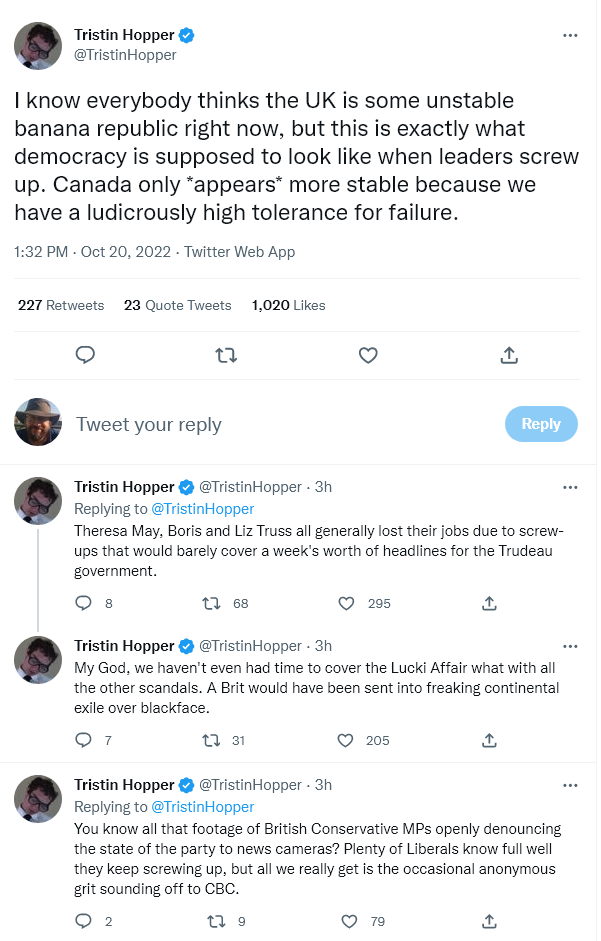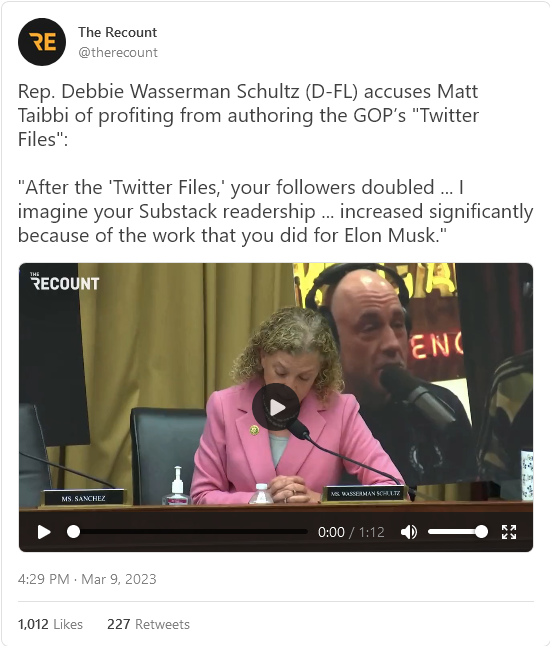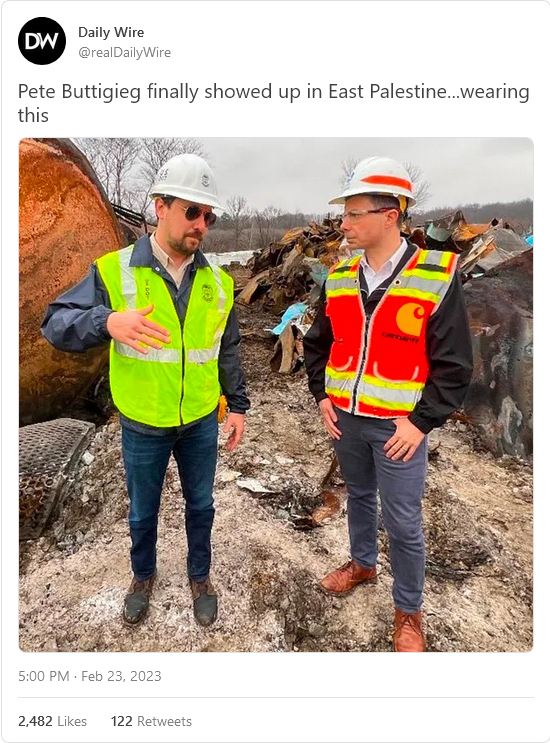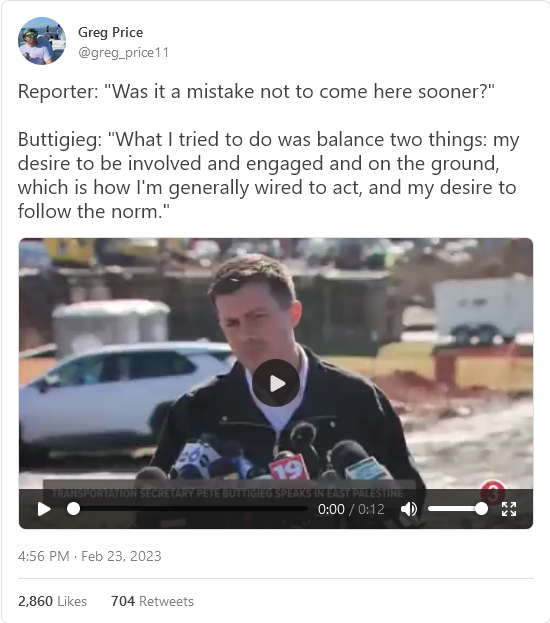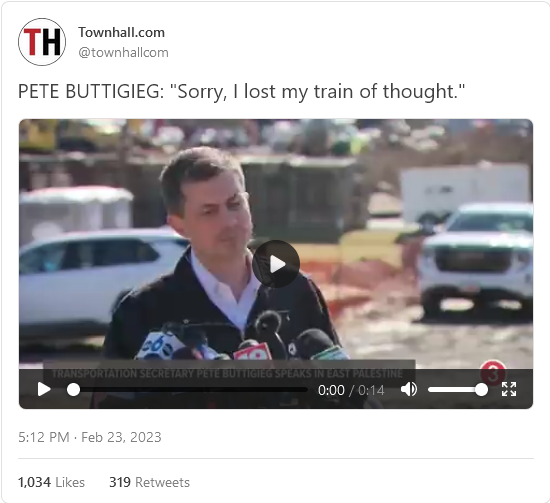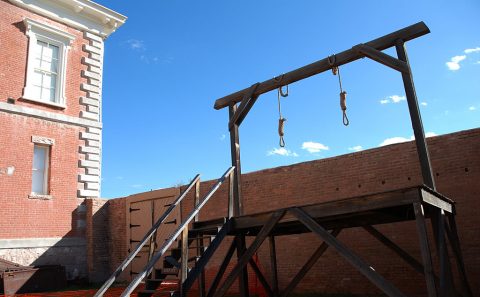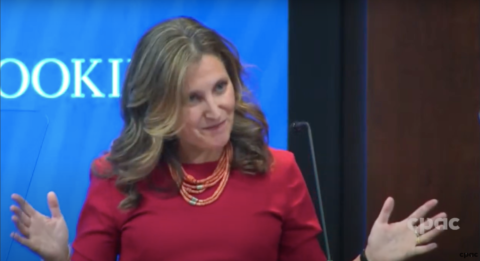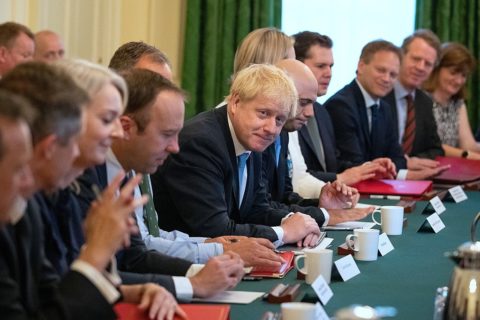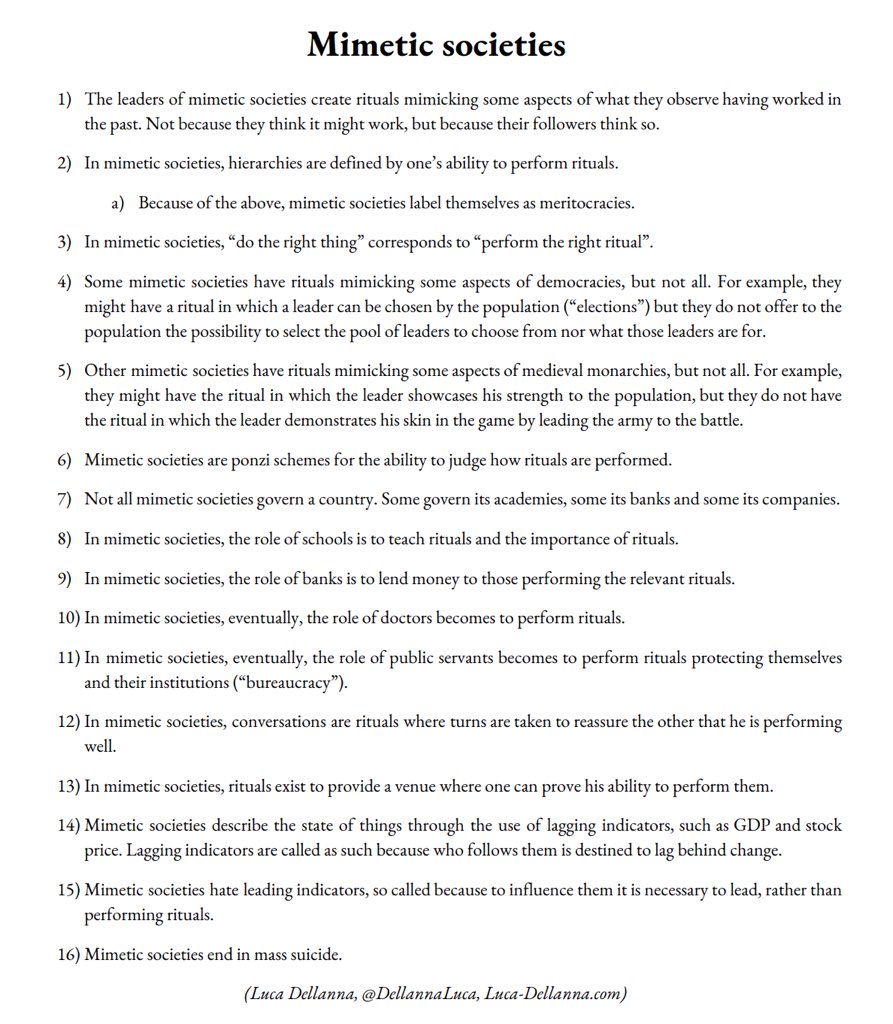As I was typing the heading for yesterday’s post on former British Chancellor Kwasi Kwarteng, it occurred to me that I might need the same phrasing for the Prime Minister … but I expected her to stumble on a few more weeks or months rather than following Kwarteng out the door this quickly:
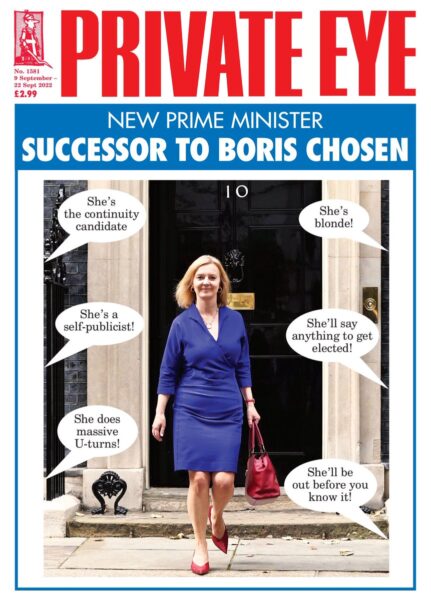
Edmund Burke – one of the great theorists of the state – argued that for a government to rule successfully, it must have consent. Liz Truss lacked that consent; she moved like Thomas Hobbes’ Leviathan, ruling with an iron fist towards her economic vision without the consent, explicit or implicit, to rule in that manner and pursue that agenda.
Her economic programme was wholly unsuitable for the climate and deeply damaging. The result was that her reign, like Hobbes’ state of nature where nobody had the political legitimacy to rule, was nasty, brutish and short. It has left the mantle impossibly difficult for her successor.
Liz Truss has become the first prime minister since Neville Chamberlain to never face a general election whilst in office, and her successor will be under immediate pressure to call one. The economic situation is far more dire than it was before her disastrous mini-budget, and trust is shattered. This is before expected interest rate increases could tip millions into unaffordable mortgages, and the expiry of the energy support scheme (except for targeted support). Whoever takes over will face crises on multiple fronts that may prove impossible to arrest.
There’s rarely been a political downfall that didn’t merit at least a nod to the famous bunker scene:
If you haven’t seen Downfall, you’ve almost certainly seen its most famous scene. As shells fall on Berlin and the Red Army advances, Hitler sits in his bunker and listens as his generals lay out exactly how bad the situation is. One by one, his options are whittled away until eventually it sinks in that all that awaits is total defeat, humiliation, and annihilation.
On an entirely unrelated note, as Liz Truss returns to her bunker underneath the big table in the Cabinet Office Briefing Room, difficult conversations are happening in Downing Street. It’s 11am on a Thursday morning …
Penny Mordaunt attempts a cheerful smile. She does not succeed. “Prime Minister – the Labour party has made a breakthrough across a wide front. In the South they are taking Bedfordshire and Norfolk. In the North, the Red Wall is broken. In the East and West, losses are limited because fish don’t vote. But indications are that even the haddock are pretty gloomy about your prospects.”
Truss waves this away. “Don’t worry. Kwasi’s resignation will bring it under control.”
The Cabinet exchanges uneasy glances. Mordaunt steps forward from the crowd. “Prime minister … Kwasi …”
Jacob Rees-Mogg finishes the thought. “Kwasi is briefing against you in the Times. He says you have weeks remaining in office.”
An awkward silence develops, extends. In this room, time now has no meaning. Glaciers run like rivers. The sun and moon flicker across the sky. Empires rise and fall, newly sapient species emerge, flourish, and die off. Eventually the universe undergoes total heat death, frozen into stasis until a spark suddenly appears; a second big bang. Energy. Light. The reinvention of particle physics, and eventually an earth, evolution, Britain, and
“Prime Minister?”
“Yes. I see.”
A second pause, blessedly shorter. Mordaunt and Rees-Mogg glance nervously at each other. Eventually, Truss settles on a response: “Would everyone who has briefed against me in the last week please leave the room.”
In Spiked, Brendan O’Neill makes the argument that Britain is now a political wasteland:
So Liz Truss is out. After just 44 days her premiership is no more. “I’m a fighter, not a quitter”, she said in parliament yesterday, and now she’s quit. Her premiership deserves to live in ignominy. Not necessarily because her blunders were so spectacular – though many of them were – but because of what this strangled-at-birth stint in Downing Street tells us about British politics more broadly. Which is that it’s a wasteland. An ideological void. A dustbowl of ideas. The lack of even the faintest glimmer of leadership material anywhere in the Westminster circus is horrifying to me. Trussism is but a symptom of a wider malady afflicting our political class.
[…]
Let’s go beyond Truss and Hunt and ask what this all tells us about the Conservative Party. This is the oldest political party in Europe, arguably the world. It’s the party that gave us Peel, Churchill, Thatcher, properly historic figures. Which birthed so much of the legal and political order we live under. Which The Economist aptly called “the world’s most successful party”. And which once reached, through Conservative Associations, the Church and other formal and informal networks, into communities across the land.
Now it’s a hollow machine, bereft of strategy, in dire want of ideas, out of touch with the public, disorientated, and infamous for having a PM who couldn’t last a naff, paltry 50 days in Downing St. The factional Tories cheering Truss’s demise are fools. Your entire party is indicted by this shitshow. And by the fact that your big replacement for lame Liz – Hunt – is a man so disconnected from British people, British history and British politics that he prefers EU oversight to national sovereignty, technocracy to belief, and “competence” to passion. Congrats!
To see the true state of the Tory Party, look no further than a comment piece penned by one of its former leaders, William Hague, this week. “Ideology is dead: it’s competence we need now”, the headline said. In short, you’ve had your fun with Brexit and Boris and the mad populist experiment – now it’s time for the adults to come back into the room and take control. Not only is this undemocratic (14million people voted for Boris to be PM, no one voted for Hunt to be de facto PM). Not only is it anti-political. Not only is it bureaucratic, stiff and unabashedly concerned more with making the trains run on time than with inspiring the people with proposals for a genuinely better life. It is also an admission that they have no ideas left. That the once great Conservative Party is completely out of steam. That Westminster itself is knackered. “Competence” is the last refuge of the visionless. They’re finished. Kaput. Clueless. Not just Liz, all of them. The need for a political overhaul has never been so pressing and so great.
Despite the “bad optics”, as Tristin Hopper points out here, this is what’s supposed to happen when the PM gets it totally wrong, and Canadians have no grounds to criticize Britain here:
